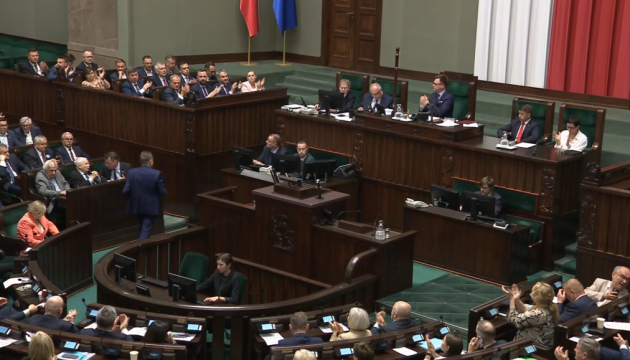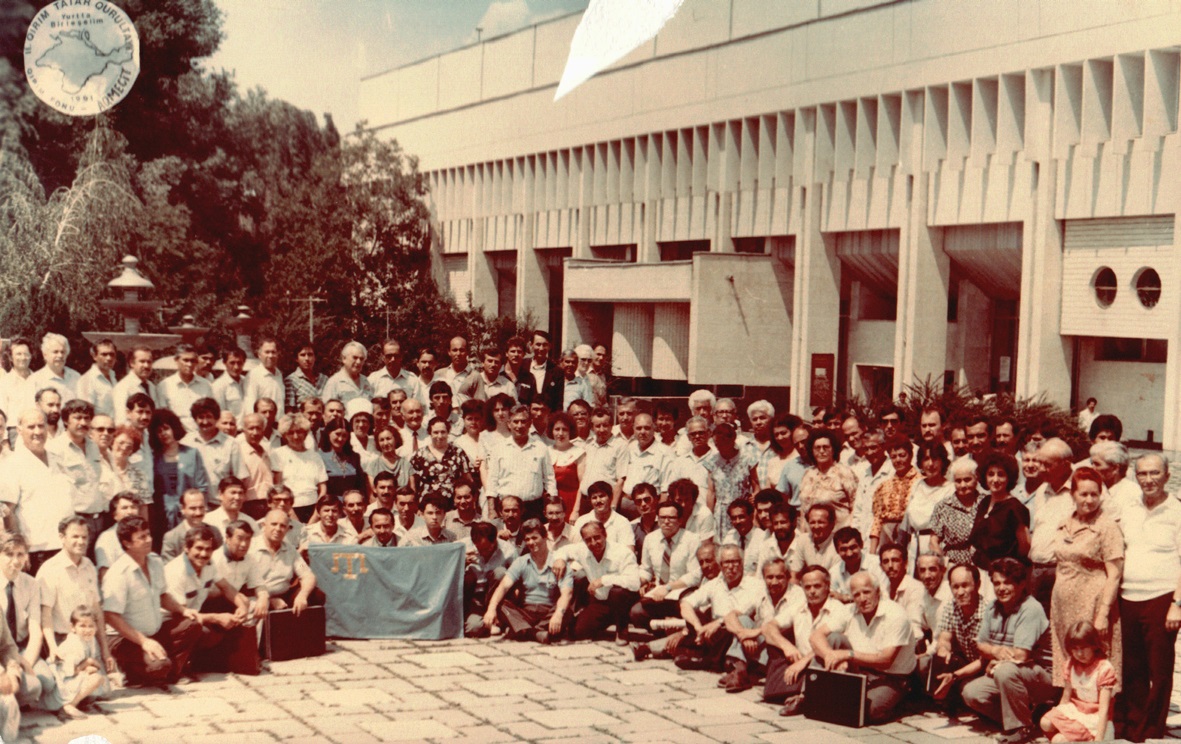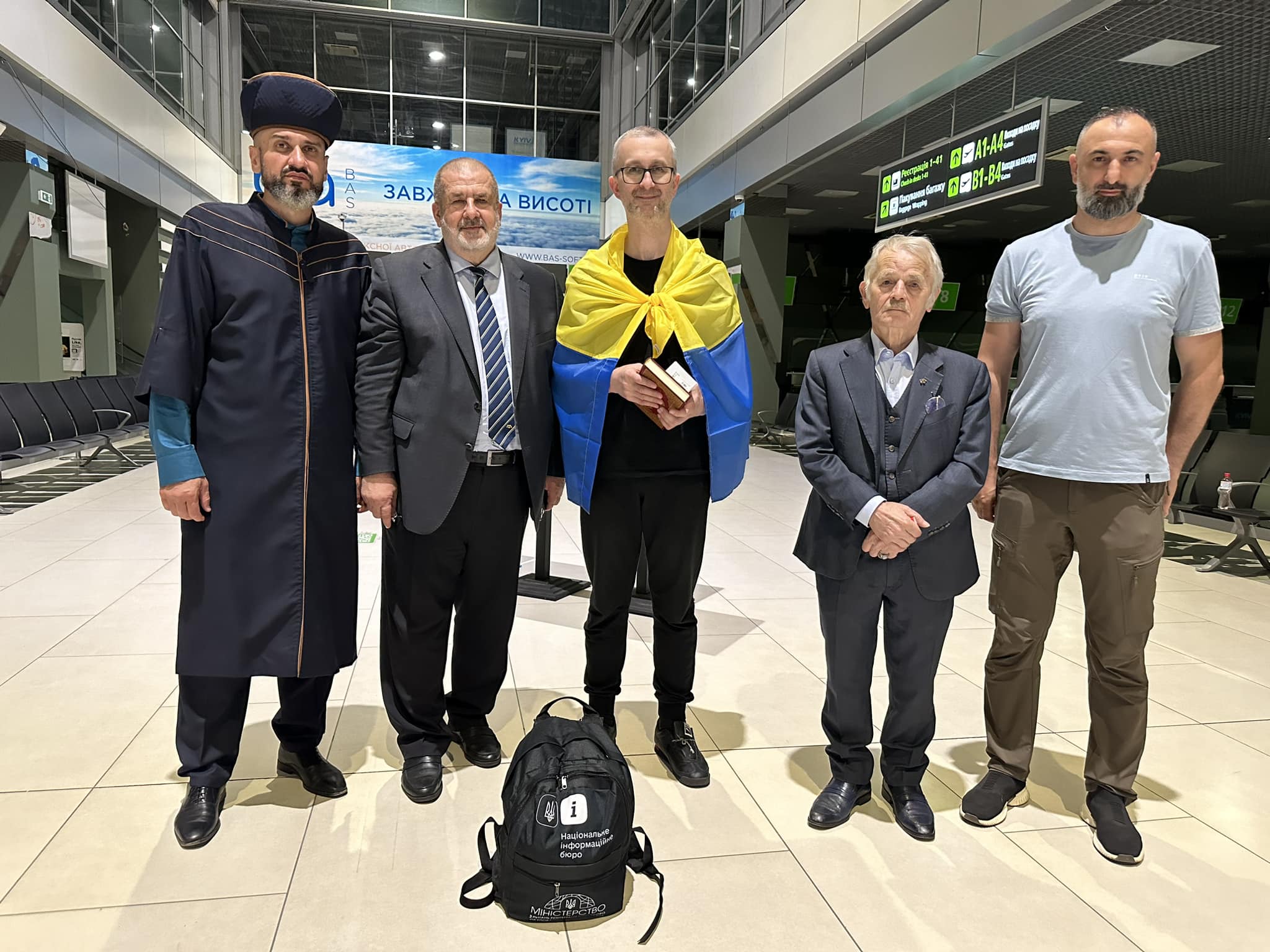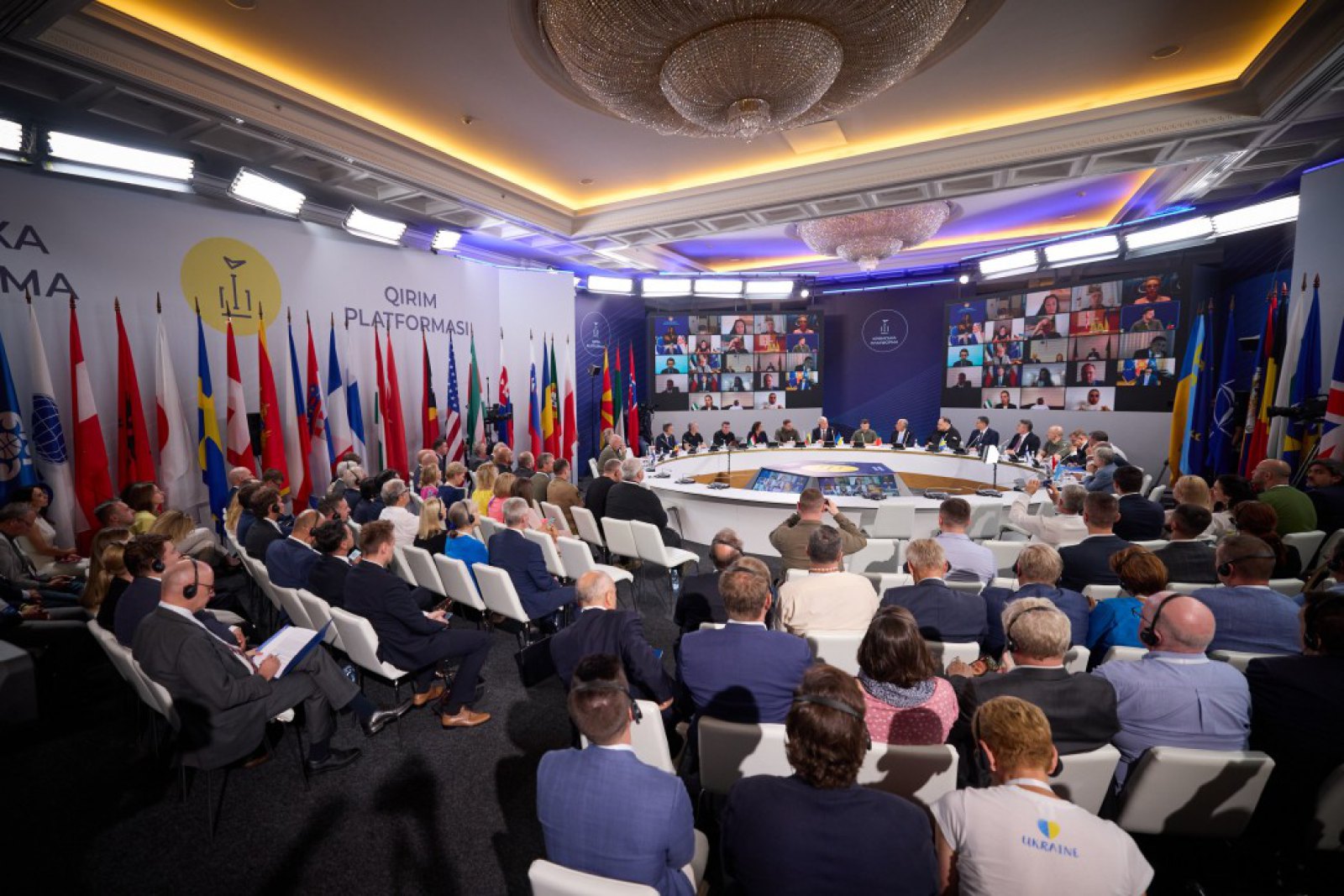Important Step Towards International Forum on Restoration of Crimean Tatars’ Rights

The agreement on the legal status of the Mejlis and elimination of the existing obstacles to the just representation of Crimean Tatars could made the considerable contribution to the efficiency and legitimacy of governance in Crimea and should be considered as an integral part of the process of the restoration of the rights of the formerly deported persons (FDPs).
On August 16, 2013, Mr Knut Vollenbaek, OSCE High Commissioner on National Minorities (HCNM) published the assessment report, titled “The integration of formerly deported people in Crimea, Ukraine: Needs assessment”.
The original text is available on the website of the OSCE, section “High Commissioner on National Minorities” – http://www.osce.org/hcnm/104309?download=true
Later, the Russian version of this report became also available on the website of the OSCE – http://www.osce.org/ru/hcnm/104421
The notice to this report states that “the report was based on the research of the independent experts, ordered by the HCNM and conclusions following the results of the numerous visits of Mr K. Vollenbaek to the region.
In compliance with his mandate to prevent and avoid conflicts, the HCNM published this report in order to increase the awareness of the Ukeainian authorities and broad international community, as well as the local authorities of Crimea about the main obstacles preventing the full integration and participation of the FDPs in the life of the Crimean society.
The document draws attention to the spheres where the interests of various groups compete in the Crimean peninsular and that are particularly topical for the integration. These are the legal aspects of the return, situation around solving of land, housing and propertyproblems of the FDPs, political participation, socio-economic aspects; existing situation in language, culture and religion, as well as the role of the educational system.”
The 39-page report, titled “The integration of formerly deported people in Crimea, Ukraine: Needs assessment” has the following content:
1. Introduction
2. Legal aspects of return
3. Land, housing and property
4. Political participation
5. Socio-economic aspects of return and integration
6. Language, culture and religion
7. Education
8. Conclusions
It is obvious that despite the meticulous preparation and objectiveness of the report some of its evaluations and recommendations could initiate discussion of the representatives of the official authorities on one part and the representatives of the Crimean Tatar people on the other part. However, there are no doubts that we obtained the approach paper that could form the basis of the “roadmaps” that could be adopted at the International forum the report of the OSCE High Commissioner on National Minorities refers to.




